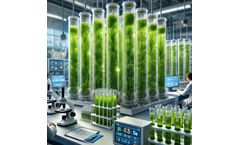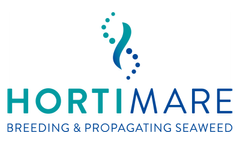Refine by
Macroalgae Articles & Analysis: Older
6 news found
Algae are extraordinary organisms, part of a world as ancient as it is diverse, existing for billions of years. Belonging to various kingdoms of life, they can be found in both marine and freshwater environments and range from microscopic unicellular algae, such as diatoms, to towering kelp forests, extending tens of meters in length. One of their most fascinating traits is their ability to ...
With MACROSEA (2016-2019), Norway has created an interdisciplinary knowledge platform on macroalgae production biology and technology, to make significant steps towards industrialization. ...
The authors illustrate their report with a design of an expandable biorefinery that uses the marine seaweed macroalgae, Ulva spp, for a town of 20,000 people in rural India. "Today the general approach is that the larger the biorefinery, the better it is. ...
Next-Gen Feedstocks: Grass, Reeds, and Macroalgae Wednesday, October 10, 10:30am-12pm MJ Maloof, NexSteppe Sergio Trejo-Estrada, Instituto Politécnico Nacional – México Enrica Bargiacchi, University of Pisa Ajay Kshatriya, Bio Architecture Lab The Challenge of Sustainable Feedstock: Certification and Reputation Management for Producers and Brand ...
A team reported in Science today (19 January) that it has engineered a microbe that will convert the sugars to ethanol, overturning one of the main obstacles to making the use of brown macroalgae, or seaweed, as a biofuel feedstock competitive. The prospective ethanol yield from brown seaweed is approximately two times higher than that from sugarcane and five times higher than ...
Bio Architecture Lab was founded to address the huge market need for a low cost, scalable, and sustainable source of sugars for biofuel and renewable chemical production using aquafarmed, native macroalgae as a feedstock. BAL has been building out a similar program off the coast of Chile as part of a program funded by the Chilean government. In addition, BAL has partnered with ...
ByEquinor





